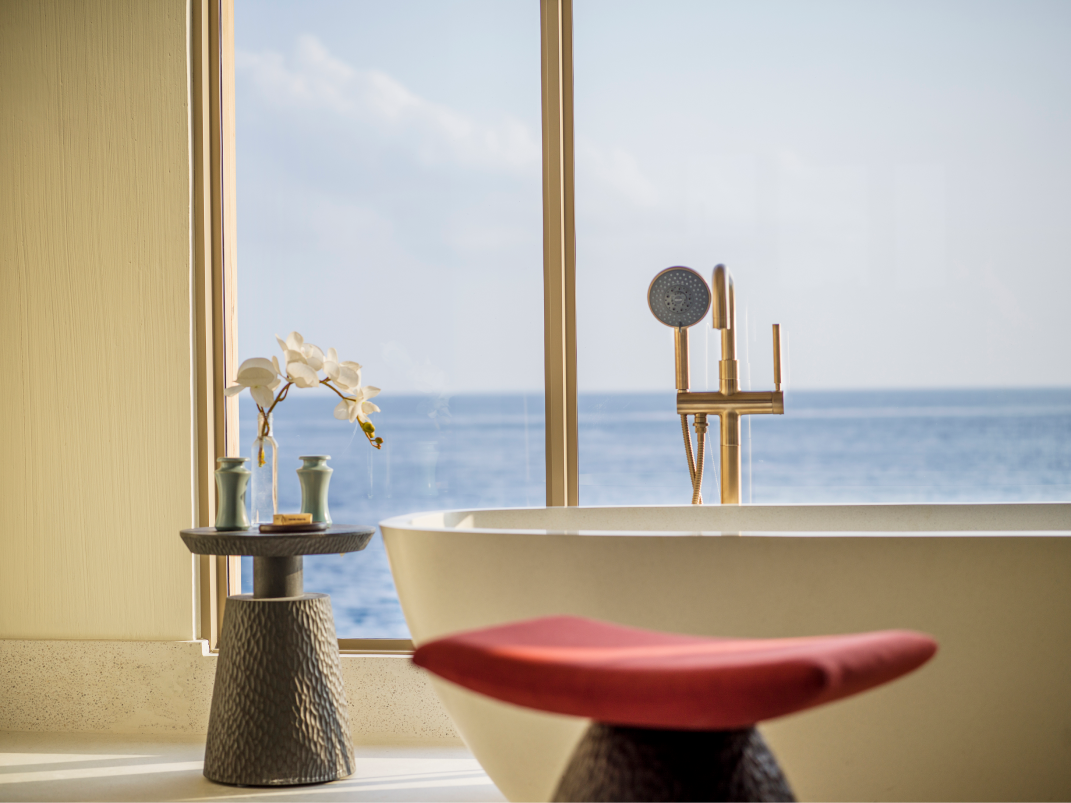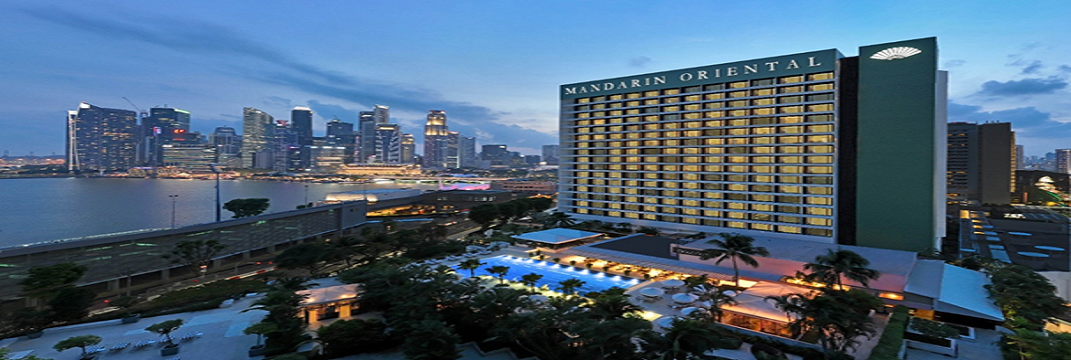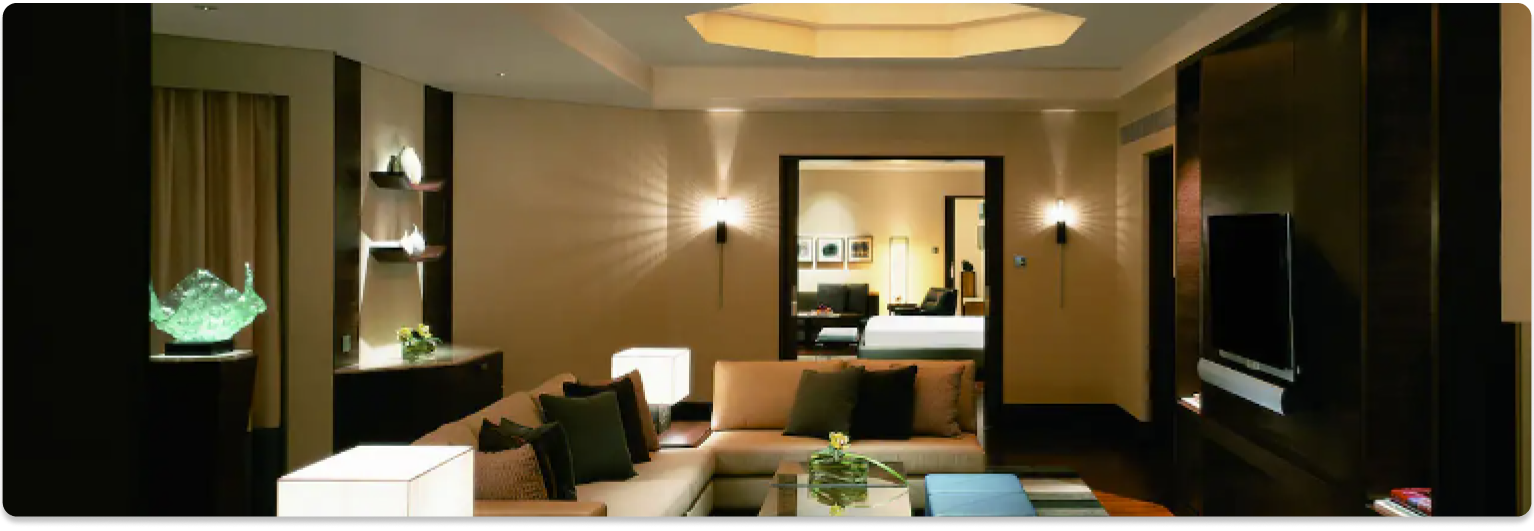
In the recent years, the process of procuring goods and services has undergone a paradigm shift. The few main criteria for purchasing in the past were “fit for purpose”, quality, effectiveness, value for money and etc. These considerations are still as important, but now considerations on the environmental and socio-economic impacts of the goods and services are included in the procurement process.
Procuring goods and services can have significant environmental and socio-economic impacts. For instance, using carbon intensive processes for the manufacture of the goods can contribute to environmental degradation or human rights violations and poor working conditions.
Hotels will inevitably have to import goods and services for their operations. Hence, we will have a role to play in sustainable sourcing practices, ensuring that our purchasing decisions do not cause any indirect negative impact to the environment as well as any socio-economic issues.
To fully understand the environmental impacts of a goods or services, one can choose to conduct a life cycle assessment (LCA) on the procured goods or services. LCA is a methodology for evaluating and quantifying the environmental impact of a product or service through its life cycle encompassing extraction and processing of the raw materials, manufacturing, distribution, use, recycling, and final disposal. Through LCA assessment, hotels can gain valuable insights on which product or services have the most significant impact and strategically develop effective solutions to mitigate their negative impact.
Some of the common solutions include:
|
| Solutions: Keep in mind considerations such as quality, energy efficiency, product circularity, and products with independent environmental certification when making purchasing decisions |
| Educate:
Educational engagements with staff and guests on sustainable sourcing behaviors | |
| Monitor and Review: Continually assess the goods and services purchased for the hotel operations to effectively manage hotel’s impacts on the value chain in a strategic and orderly manner |
In today’s world, sustainable sourcing has increasingly become a necessity for business, particularly for hotels which have a significant impact on the environment and society. Furthermore, embracing sustainable sourcing practices can contribute to the success of hotels by enhancing their brand image and attracting guests who prioritize responsible tourism.
Global Best Practices
General Audit
Conducting an LCA can be one of the strategy to help hotels make more informed procurement decisions and promote sustainability in their operations. It helps hotel to build a comprehensive picture of the environmental impact of the goods and services it purchased.
By analysing each stage of the life cycle, the LCA results will provide valuable insights such as the energy consumption, greenhouse gas emissions, water usage, and waste generation associated with the products and services. With that complete understanding, hotels can strategically develop effective solutions to mitigate the negative impact of their procurement decisions.
The LCA methodology mainly consist of 4 steps. Some of these steps may vary in different industries and sectors, however, the general flow remains the same.

References: How to conduct a useful Life Cycle Assessment (greenly.earth); Life Cycle Assessment (LCA) - Complete Beginner's Guide (ecochain.com)
Solutions
Implementing sustainable sourcing practices is crucial for hotels looking to reduce their environmental impact and promote social responsibility. By adopting sustainable sourcing practices, hotels can reduce their carbon footprint, support local communities, and promote sustainable business practices.
To successfully implement sustainable sourcing, hotels can develop a supply chain policy with a policy statement that outlines hotel’s vision, principles, and guidelines for sustainable sourcing.
Some areas hotels can consider when practicing sustainable sourcing are:

In addition, hotels can refer to global frameworks such as UNOPS Sustainable Procurement Framework (SPF) to structure and systemize their sustainable sourcing strategy.
Education
Case Studies
International
IHG Hotels & Resorts (IHG) - Recycled Furniture

Our Global Procurement function plays a crucial role in establishing our expectations of our suppliers and business stakeholders to conduct business responsibly. This includes ensuring responsible business criteria are included in our supplier selection framework. Our IHG Sustainable Supplier Questionnaire is mandatory for all new suppliers at the request for proposal (RFP) stage, helping us assess their environmental credentials. The questionnaire features sustainability-related questions regarding raw materials, manufacturing methods, transportation, and the product lifecycle, in addition to understanding practices surrounding carbon and energy, waste and water. IHG believes that it has a responsibility to ensure that its suppliers meet the highest standards of sustainability. Where possible, IHG will work with innovative suppliers to ensure they source sustainably. One example is the furniture that were procured at their Windsor HQ. They had purchased them from a leading British furniture manufacturer who is carbon neutral certified and embeds sustainability throughout its value chain by using water-based paints which are EU Ecolabel certified and low VOC emitting lacquers. The Mix table is made in the UK using 100% renewable electricity and is FSC certified. The lino top is made using 27.5% postindustrial recycled content and 97% renewable materials, which reduces waste and conserves raw materials. The supplier has also partnered with an organisation to plant a tree with every 10 items supplied, contributing to reforestation project. For Crowne Plaza’s project on refreshing their uniforms, they have eliminated unnecessary packaging and using recycled materials as well as transporting the garments by sea where possible, to reduce emissions created by air travel. Beyond that, uniforms are standardised for front-of-house roles to be flexible, allowing colleagues to interchange roles when operating with a skeleton staff model or if a dual role is required. On top of that, the supplier has teamed up with another organisation to ensure the uniforms can be responsibly recycled or donated at the end of their lifecycle. References: ihg-responsible-business-report-2022.pdf (ihgplc.com)
Local
Mandarin Oriental Singapore - Sustainable Paper

At Mandarin Oriental, Singapore, we are deeply committed to sustainable practices, particularly in sourcing paper for our hotel operations. We recognise that paper production can have adverse environmental and social impacts, including deforestation and child labour. Hence, we proactively take steps to address these concerns.
We rigorously select suppliers who adhere to responsible sourcing practices to safeguard our forests and promote biodiversity. Our paper suppliers must hold certifications like Forest Stewardship Certification and Singapore Green Label, assuring their sustainability commitments. In cases where formal credentials are unavailable, we seek written assurances from suppliers, confirming responsible sourcing and the absence of unfair labour practices, including forced and child labour. Additionally, we review suppliers' public statements and reports, such as sustainability reports, to verify the responsible sourcing of paper.
Through these measures, we are proud to share that we have achieved a 100% sustainable procurement rate for paper at Mandarin Oriental, Singapore. This milestone reduces our environmental footprint and contributes to a more sustainable future. We extend similar sourcing approaches to other essential food items like coffee, cocoa, tea, vanilla, sugar and seafood, aligning with our dedication to sustainable practices across all operations.
Grand Hyatt Singapore - Renewable Electricity

Sustainability is at the core of Grand Hyatt Singapore’s business, and they have implemented multiple sustainable sourcing practices. One key strategy was to purchase electricity from Flo Energy, a supplier of certified 100% renewable electricity.
Their source of electricity is a renewable generator that harvests energy from sunlight, wind, and water. Flo Energy would purchase an equivalent number of RECs that could be issued to the hotel to match the amount of electricity they purchase, cutting down Grand Hyatt Singapore’s carbon emissions.
On top of that, the hotel’s purchased corporate gifts are also considered through the lens of sustainability. The reusable, durable, foldable Peco bags are made from GRS Certified RPET fabric, and each bag is made from 7 recycled bottles. The angled phone holders that they sourced from ChopValue were repurposed from recycled wooden chopsticks saving 150 chopsticks from the landfill and 220g of carbon storage per stand. The beewax procured from Elizabeth Little was made locally from 100% Eygptian cotton and are reusable up to 12 months, reducing waste. The beewax procured from Elizabeth Little was made locally from 100% Egyptian cotton and are reusable up to 12 months, reducing waste.
Monitor & Review
The frequency of reviewing LCA can vary depending on multiple factors such as changes in any stage of the life cycle, updates to regulations or specific hotels’ sustainability goals and objectives. Ideally, LCA should be reviewed periodically to ensure that it remains up-to-date and relevant to the current context.
By regularly reviewing LCA, hotels can identify areas that need improvement and implement strategies to minimize negative environmental impacts, making their operations more sustainable in the long run.
